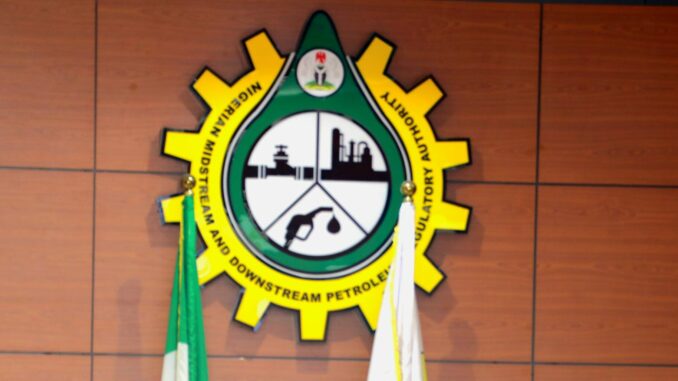
Nigeria’s Federal Government has announced on February 19 plans to phase out tanker trucks with capacities of 60,000 and 45,000 litres in an effort to reduce the growing number of accidents on the country’s roads.
The Nigerian Midstream and Downstream Petroleum Regulatory Authority (NMDPRA) revealed that the ban would take effect starting from March 1, 2025, for 60,000-litre tankers, while 45,000-litre tankers would be permitted to operate until the fourth quarter of 2025. The decision comes in response to a rising number of fatal accidents involving these large trucks, which have caused significant loss of life and property damage.
Nigeria’s reliance on tankers to transport petroleum products across the country has led to serious concerns over road safety, as there are currently no pipelines in place to carry the bulk of the fuel. This lack of infrastructure has made the roads a frequent site for accidents, with over 2,500 truck crashes resulting in more than 3,500 deaths between 2010 and 2025. One of the deadliest incidents occurred in Jigawa in 2024, when an overturned fuel tanker exploded, resulting in numerous fatalities and a devastating fire.
In light of these alarming statistics, NMDPRA has decided to take decisive action, starting with the immediate ban on 60,000-litre tankers. The phased approach aims to reduce the dangers posed by large tankers, with a long-term goal of improving safety standards on the country’s roads. The NMDPRA’s Executive Director, Ogbugo Ukoha, expressed that while alternative transportation methods, such as pipelines or railways, are not yet viable, the government cannot afford to wait for these solutions to be implemented. He emphasised that each life lost to these accidents was one too many and reaffirmed the government’s commitment to tackling the issue head-on.
